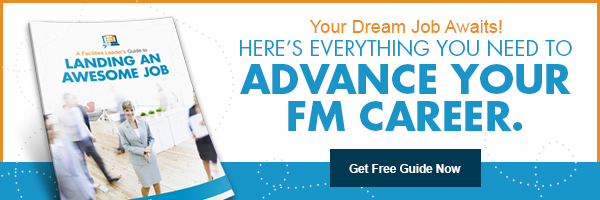Job Interview Pre-planning to Make You The Desirable Candidate


A job interview is traditionally seen as a chance for a candidate to show off what they have accomplished, their strengths, and what they will be able to do in the future, preferably for this particular employer. Much focus has been put on the style and wording of the resume and what kinds of questions an interviewee may see, which are all valuable points. But, what is often overlooked is the importance of the interviewee asking their own questions and doing their own research about their potential employer. What kind of homework should you be doing to make sure you’re who they want?
Know your strengths and do your homework. 
Before even thinking about applying for a job, you need to seriously assess your skills, qualifications, experience, and overall work habits to be honest about what you bring to the table. Be aware of your self-worth, but also understand your deficiencies. This kind of personal insight will then allow you to determine if you’re a fit for the position being offered. For example, if public speaking isn’t your specialty, steer clear of jobs which may ask you to engage a crowd, now and then.
“Researching potential employers is one of the best ways to become a stand-out candidate during the hiring process.” –Heather Huhman
The other part of preparing is finding out as much as you can about this potential employer. What is their track record? Are they innovative in their field and will they be viable in the future? What makes this company desirable to you?
Here are some examples of interview questions to prepare for and how your personal skills assessment may come into play.
Understand the company’s position in their field, their culture and mission goals to determine what you offer and how you’ll fit?
Every company has a mission statement and a workplace culture, which they want to instill in each employee. It isn’t very difficult, then, to see if you agree with a company’s public position well ahead of setting interview dates.
How well is the company performing financially? Is this a place you see working for long term?
Is the company innovative and pushing to be a leader in their field or are they on the decline? Are the products or services they provide needed or are they satisfying a trend-driven, niche market? Are they able to diversify or do they specialize in a specific area?
 What would you do, if you were hired?
What would you do, if you were hired?
During the process of researching the hiring company, pay attention to how they stack up against the competition. Look for ideas you would implement, possibly based on what you would want, as a customer. Nothing too brash, of course, but showing you’re already thinking and you’re not afraid to share your ideas is key. This will also allow you to open up a dialogue with your interviewer or interviewers and share some of your insight and personality. This will also help they see if you could fit into their company’s culture.
Ask more questions.
Engage someone. Not as a chatty Cathy, but insightful questions that elicit more than just yes/no. Interviewers are doing the same to you, right? In fact, many interviewers have stated that a candidate who doesn’t have any questions also usually doesn’t have a second interview. Businesses want to see that you are as interested in them as you want them to be about you.
Real world homework
Be prepared to show your skills even before getting the job, as many companies are now choosing to give the final tier of applicants “homework” pertaining to the position they are seeking in order to accurately assess what the applicant can offer. This is where a true assessment of your abilities before the interview process can be critical in making sure you are the right fit.
Be aware of your online profile.
More than ever, companies are aware of and are using online activity and profiles to select candidates, without even bothering with the interview. If you are a serial poster or you have a bawdy sense of humor, for example, employers may see an undesirable trait, even if this is not all you want to present. Just remember that everything that happens in cyberspace can be recalled from cyberspace. Be who you want to be, but be prepared to own it, when approached.
Modern employers are bombarded by information from prospective applicants. There are literally hundreds, if not thousands, of services available for blasting out resumes and matching worker to employer. But these mass blasts miss the opportunity to see the true nature of an applicant. Seeing this side of the applicant takes getting to the first, second or third interview, which means you have to stand out. Not as an every man, jack of all trades, but more as a specific, honed, necessary tool for an organization’s arsenal. Position yourself so you are the target of desire amongst potential employers.
